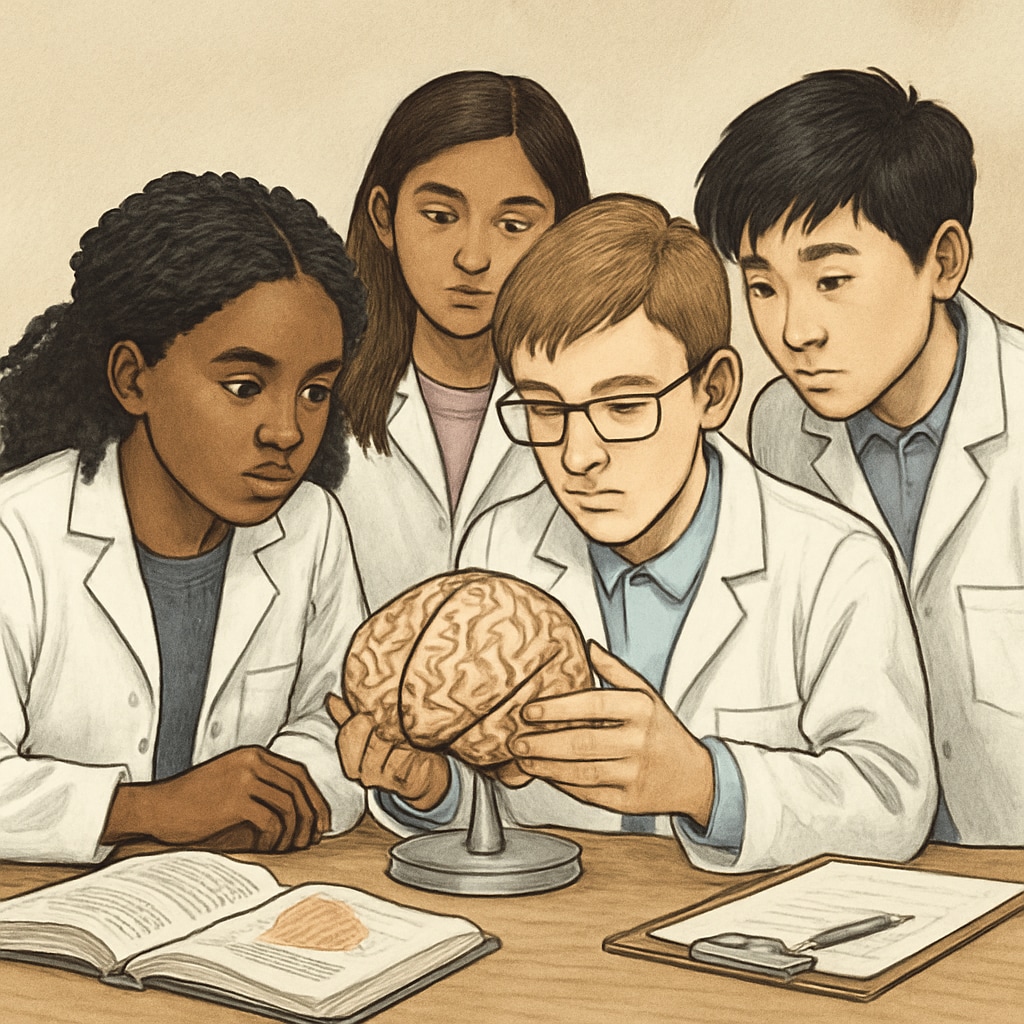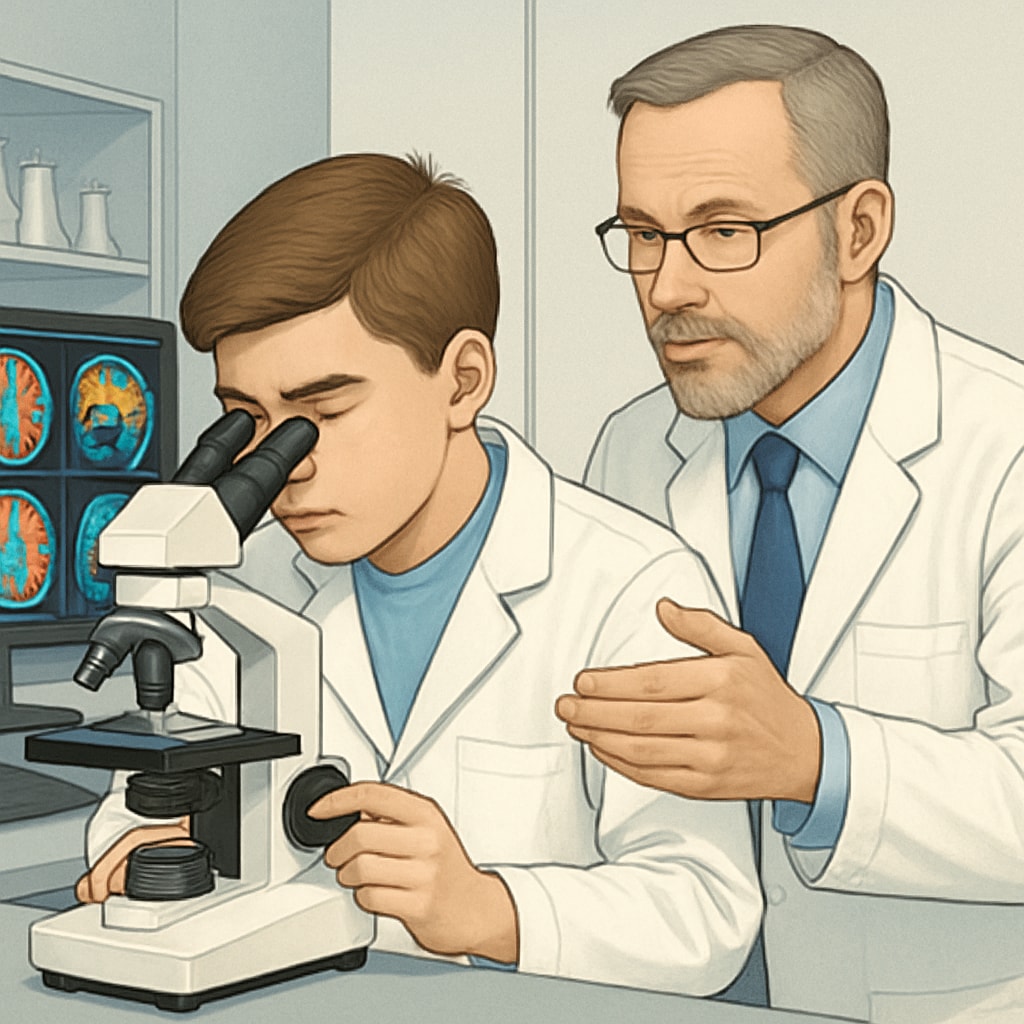For students excelling in academic testing and aspiring toward neurosurgery careers, standard classroom instruction often fails to provide adequate learning supplements. Research from the American Association of Neurological Surgeons shows early exposure to specialized medical knowledge significantly impacts career success.

Identifying Gaps in Traditional STEM Education
While standard curricula cover foundational sciences, they frequently lack:
- Advanced neuroanatomy concepts (e.g., cortical mapping techniques)
- Hands-on surgical simulation opportunities
- Mentorship from practicing neurosurgeons
According to a National Institutes of Health study, 78% of pre-med students report feeling underprepared for surgical specialties.

Specialized Learning Pathways for Neurosurgical Aspirants
Effective enrichment programs typically incorporate:
- Competency-based assessments: Replacing generic academic testing with medical school-style evaluations
- Neuro-focused curricula: Including cadaver labs (where age-appropriate) and 3D brain mapping
- Research apprenticeships: Partnering with university neuroscience departments
Transitional note: Many hospitals now offer summer neuro-observation programs for qualified high schoolers.
Implementing Effective Support Systems
Parents and educators should consider:
- Seeking American Board of Neurological Surgery-endorsed resources
- Balancing academic rigor with mental health support
- Utilizing virtual reality surgical trainers when hands-on access is limited
As research from Johns Hopkins indicates, students combining academic testing with clinical exposure demonstrate 3x higher medical school acceptance rates.


